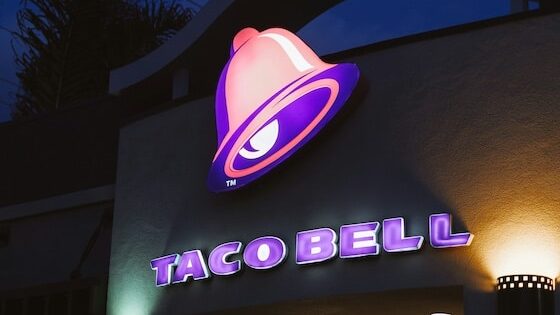Jobox emerged from stealth mode today (six years after its founding) armed with a $42 million Series B round ready to help match consumers with home services pros. Jobox is also a tool for small service pros to get online and run their businesses on their smartphones.
As stealth modes go, Jobox’s was a pretty soft one. The company already reportedly works with professionals in 39 states and has moved more than $1 billion in transactions through its platform. It generated more than $300 million in gross merchandise volume last year and had $10 million in revenue, Bloch said.
Jobox was founded in 2016 by Kaushik Pendurthi, Moshe Levi, and Shay Bloch. The company has raised $56 million, including the Series B round. The company has offices in Florida and California.
General Catalyst led the Series B round. Resolute VC, NNS, Expanding Capital, and Joey Low also invested in the round.
“Our platform is ready to scale and help thousands of pros and hundreds of companies around the U.S. provide home services that consumers want,” said Co-founder and CEO Shay Bloch in a blog post. “We’re using our round of funding to expand to new markets and professions and to make our platform and app even more powerful.”
No Leads, No Fees
Now out of “stealth”, the company has ambitions to scale. And fast.
In addition to its AI-driven matching engine, one of Jobox’s biggest features is its pricing model. The company provides all of its tools for free. And in fact, it doesn’t charge for leads. It takes a cut of the jobs it delivers. And this sets the company apart from larger, more established competitors like HomeAdvisor and Thumbtack.
“We first built a mobile-based operating system for home service pros. We wanted to give them the ability to manage their whole business on their phone,” Bloch said. “Then we added a marketplace infrastructure to help them find jobs. We created an algorithm that would find them jobs that matched their skill set, location, and schedule. And we gave it all for free.”
Bloch seemed to have his bigger lead-gen competitors in mind when he added the following.
“Most skilled trade pros today have to pay exorbitant fees to get leads that may not even turn into jobs. It’s a significant cost for their business, and something we wanted to stay away from. We made it so that they would only pay if they actually made money.”
Jobox works with large home services organizations that often outsource jobs to independent pros. The organizations use Jobox to source pros for jobs. The independent pros get the leads for free, as noted. But they still aren’t cheap. For any given job, the pro doing the work gets 60% and Jobox and the originator share the rest.
Bloch notes that the Jobox model is also a way for home services adjacent organizations to add a new revenue stream.
“Real estate agents can offer carpet cleaners to their buyers or sellers. Insurance companies can provide locksmith services,” Bloch writes. “And they can do all that knowing that the pros they get through Jobox are vetted and reliable.”




